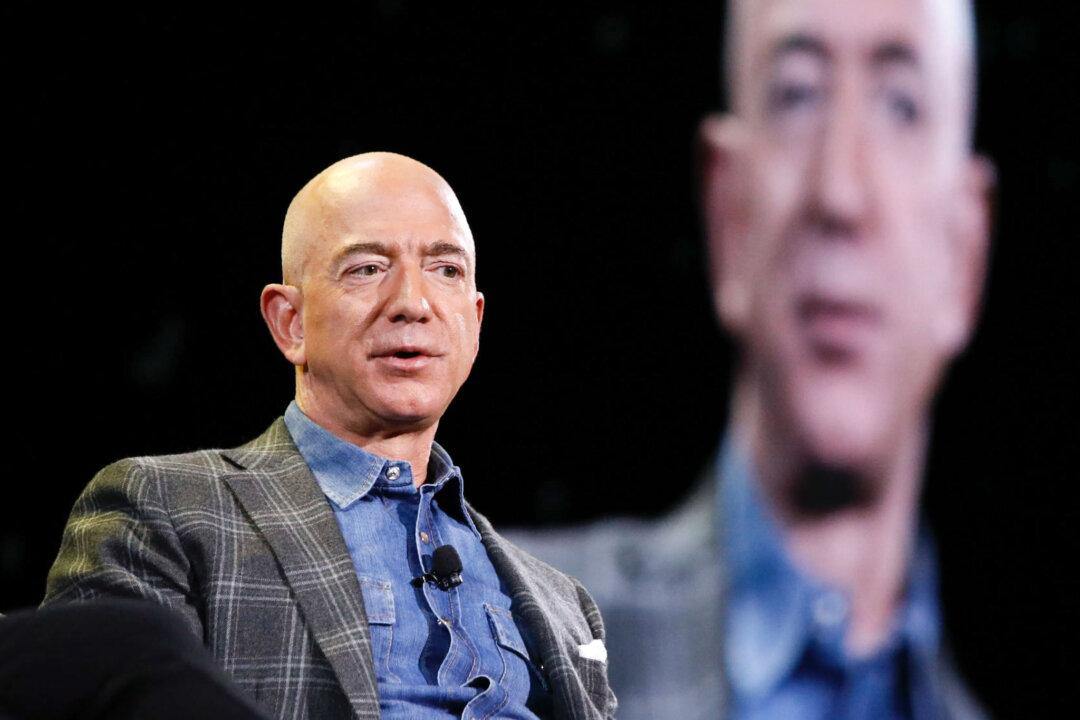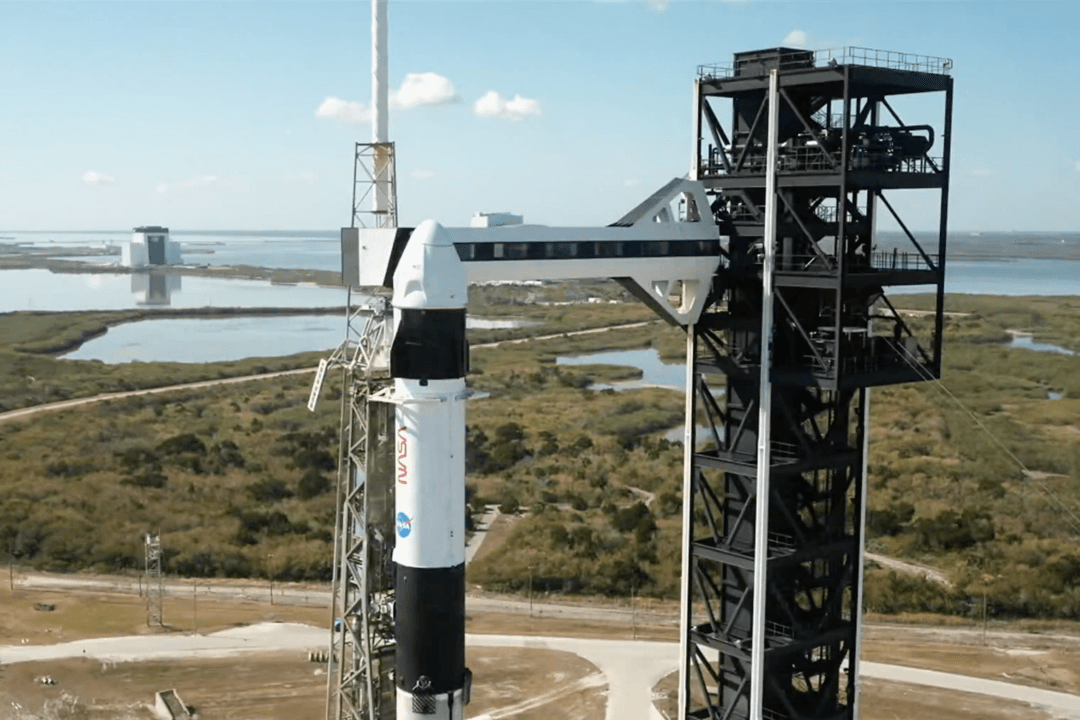It appears The Washington Post’s decision to forgo endorsing a presidential candidate—for only the second time since 1976—was made by its owner, Amazon founder Jeff Bezos, according to the newspaper.
The paper’s decision was initially explained by William Lewis, the publisher and CEO, in an opinion article as a return to the paper’s “roots” of not endorsing candidates.





